16 Foods with Expiration Dates You Can Ignore
Expiration dates on food packages are meant to indicate freshness and peak quality, but some of these dates are misleading. Many foods may still be safe to eat and retain good quality past their stamped date. Knowing which foods have flexible expiration dates can help you avoid throwing out perfectly good food and reduce food waste.
While it’s important to be wary of expiry dates on foods like meat, fish, and dairy, other pantry staples have a much longer shelf life. From condiments to baking ingredients, there are plenty of products you can safely consume past the “best by” or “use by” date printed on the package. Ignoring these expiration dates not only saves you money by reducing food waste but also curbs the environmental impact of trashing edible food.
These are the 16 foods with expiration dates you can ignore.
Cornstarch
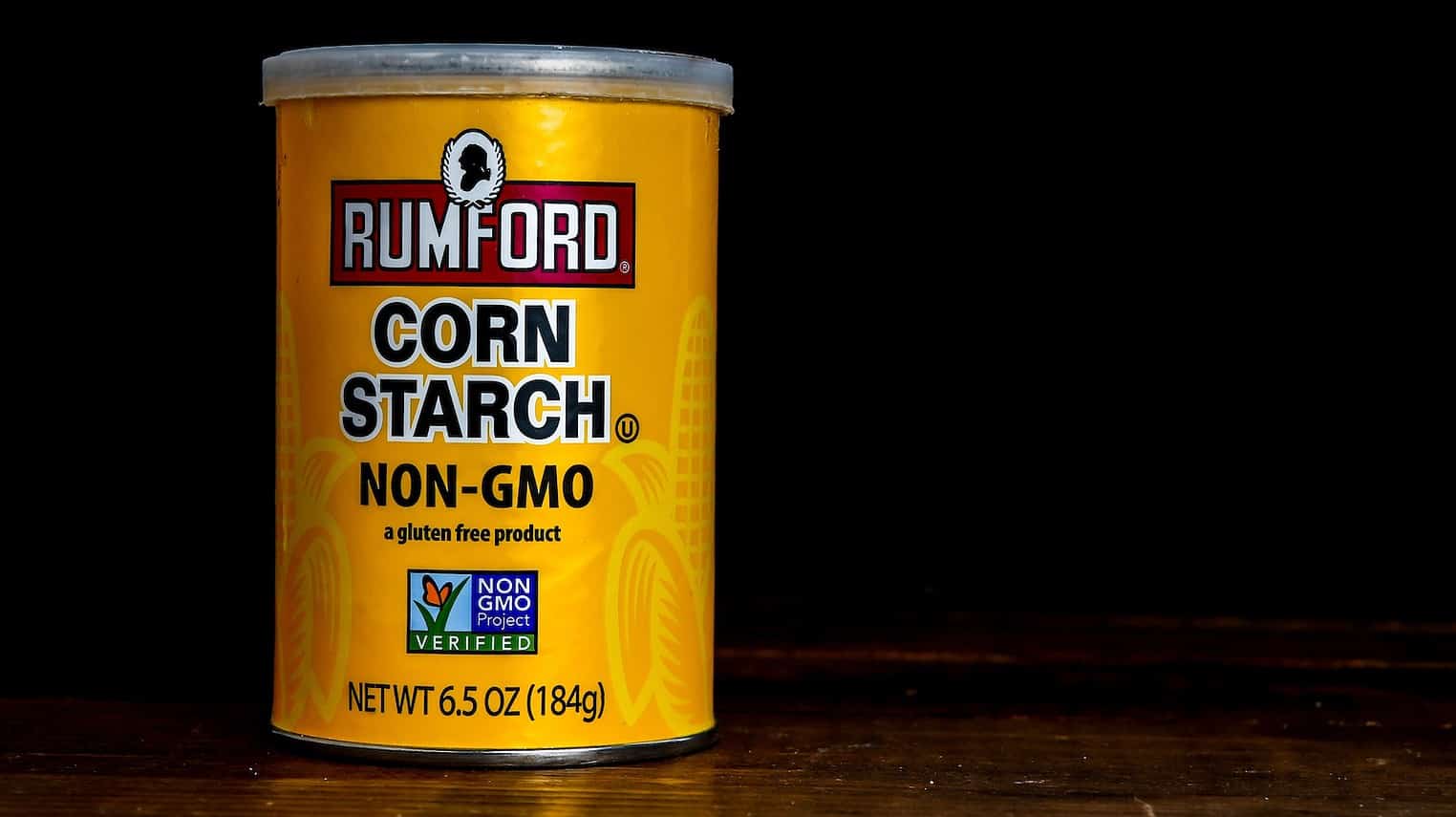
Cornstarch is another powdery ingredient that will stay good indefinitely as long as it’s stored properly. Follow the same storage tips listed above to ensure it stays uncontaminated– in an airtight container, away from light and heat.
White Rice
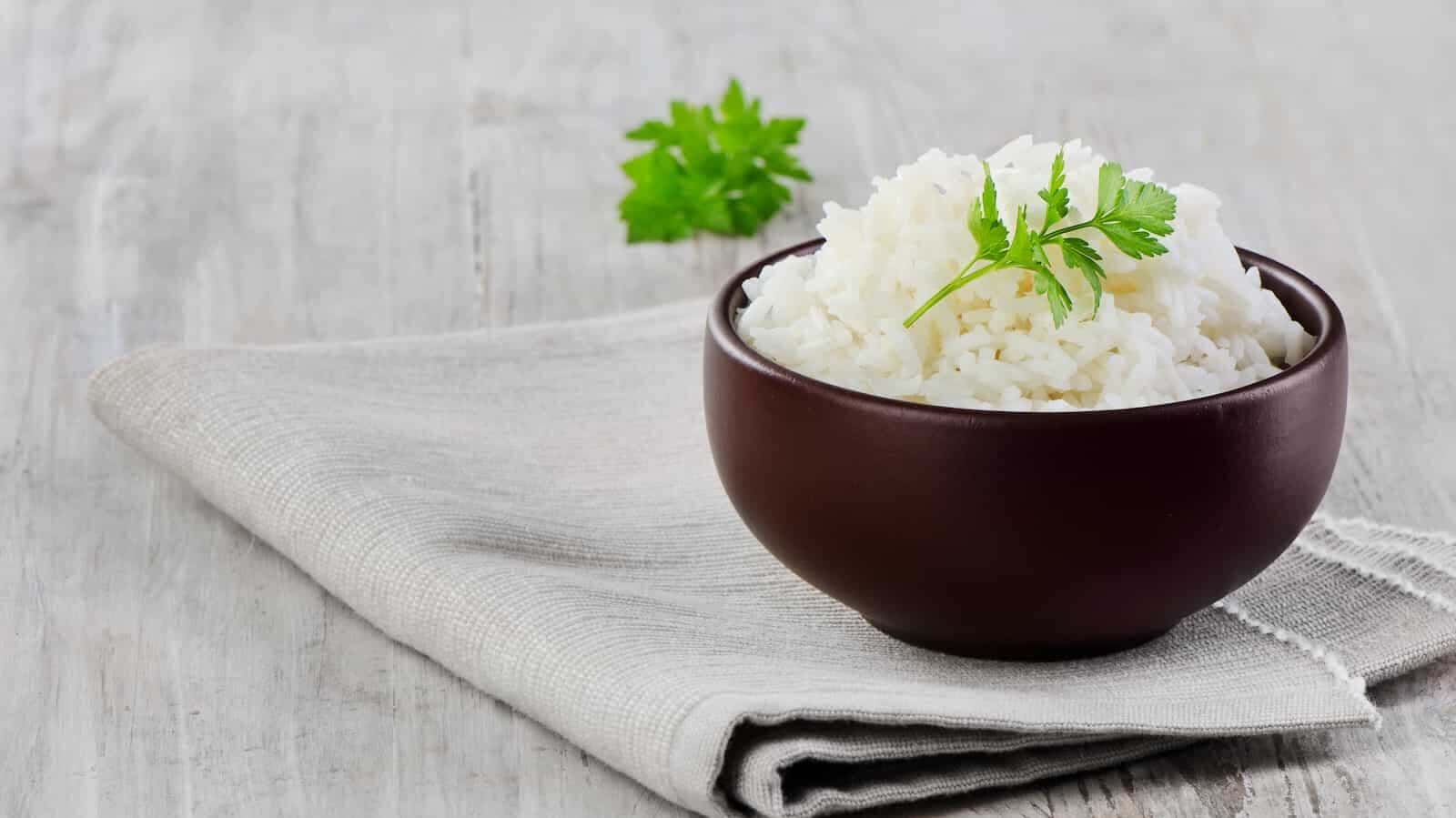
When stored at cool temperatures (under 40 degrees F) white rice is good for upwards of 25 to 30 years, but even when stored at room temperature, it can last up to 10 years if packed with oxygen absorbers. Once opened, white rice should be consumed within two years, though brown rice only lasts about 6 months because it has naturally occurring oils in the outer hull, that can become rancid.
Pure Vanilla Extract
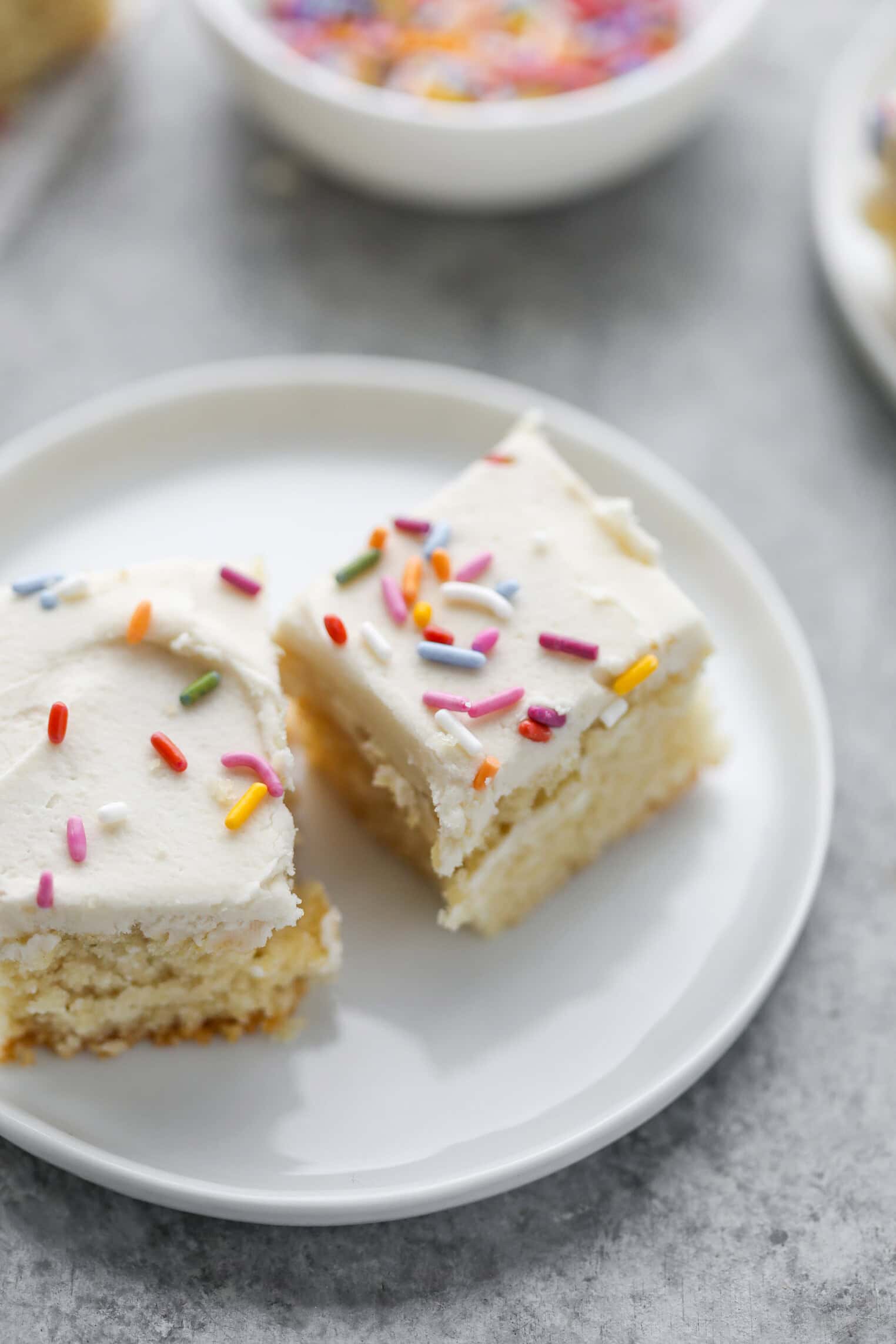
Pure vanilla extract has a very high alcohol content, around 40%, and alcohol is a preservative. A bottle of pure vanilla extract will stay good pretty much indefinitely! Imitation vanilla also contains alcohol, but it also contains other ingredients that contribute to its shorter shelf life.
Most Canned Goods
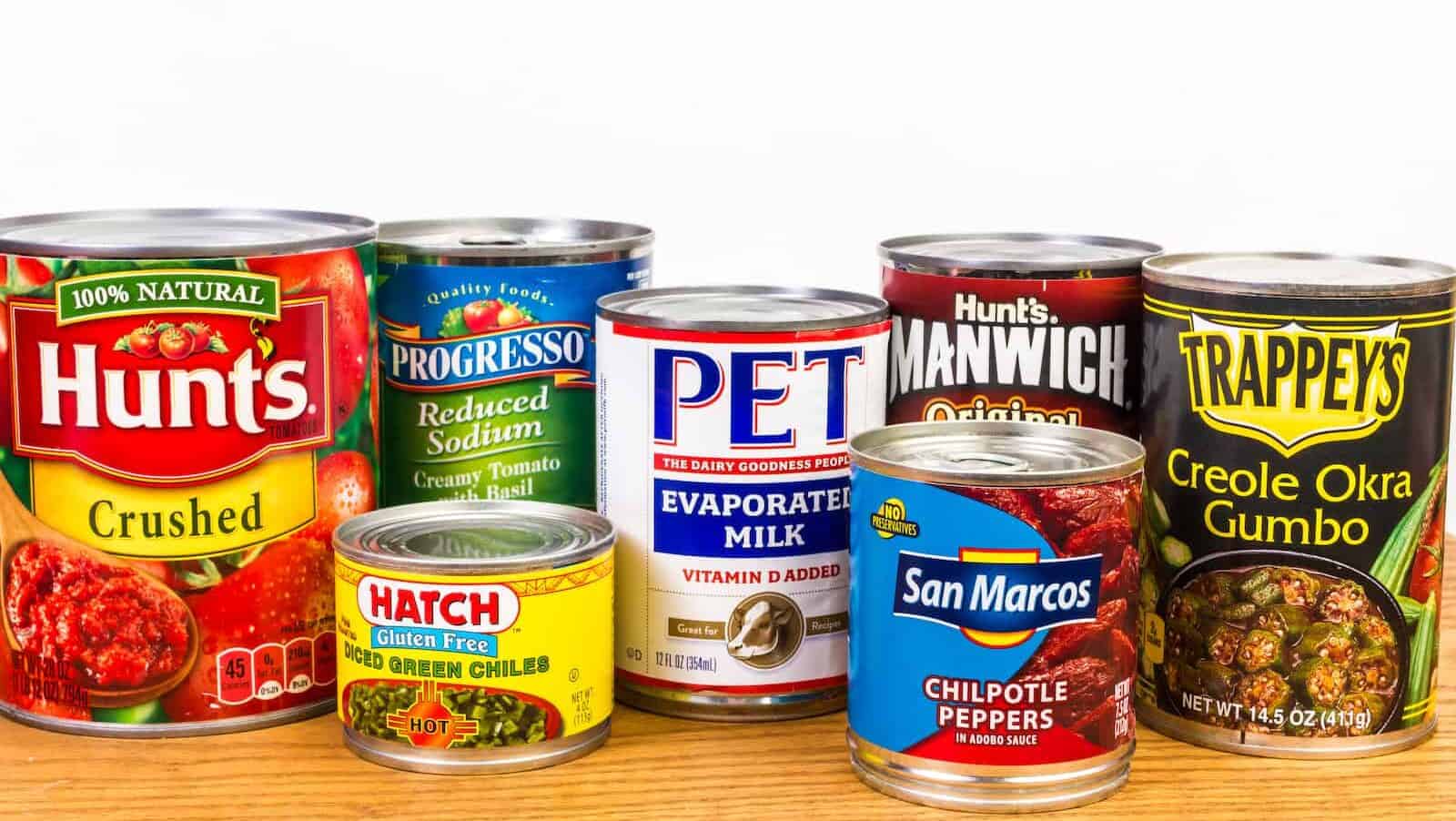
Canned foods are typically safe 24 months after any best-by dates.
Dry Pasta
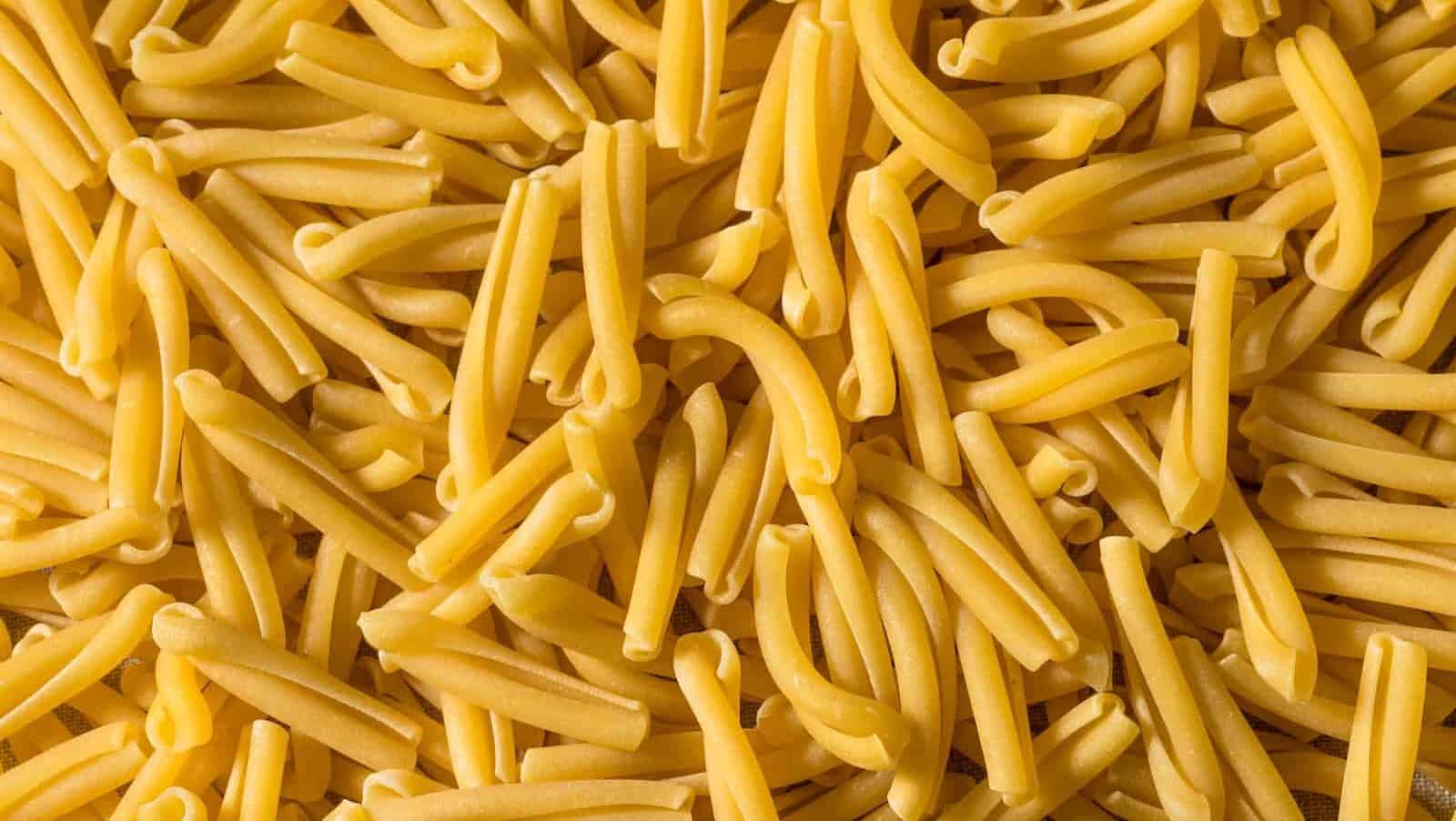
Dry pasta can be consumed 12 months after the expiration date as long as it’s stored in a dry place, like a pantry.
Vinegar
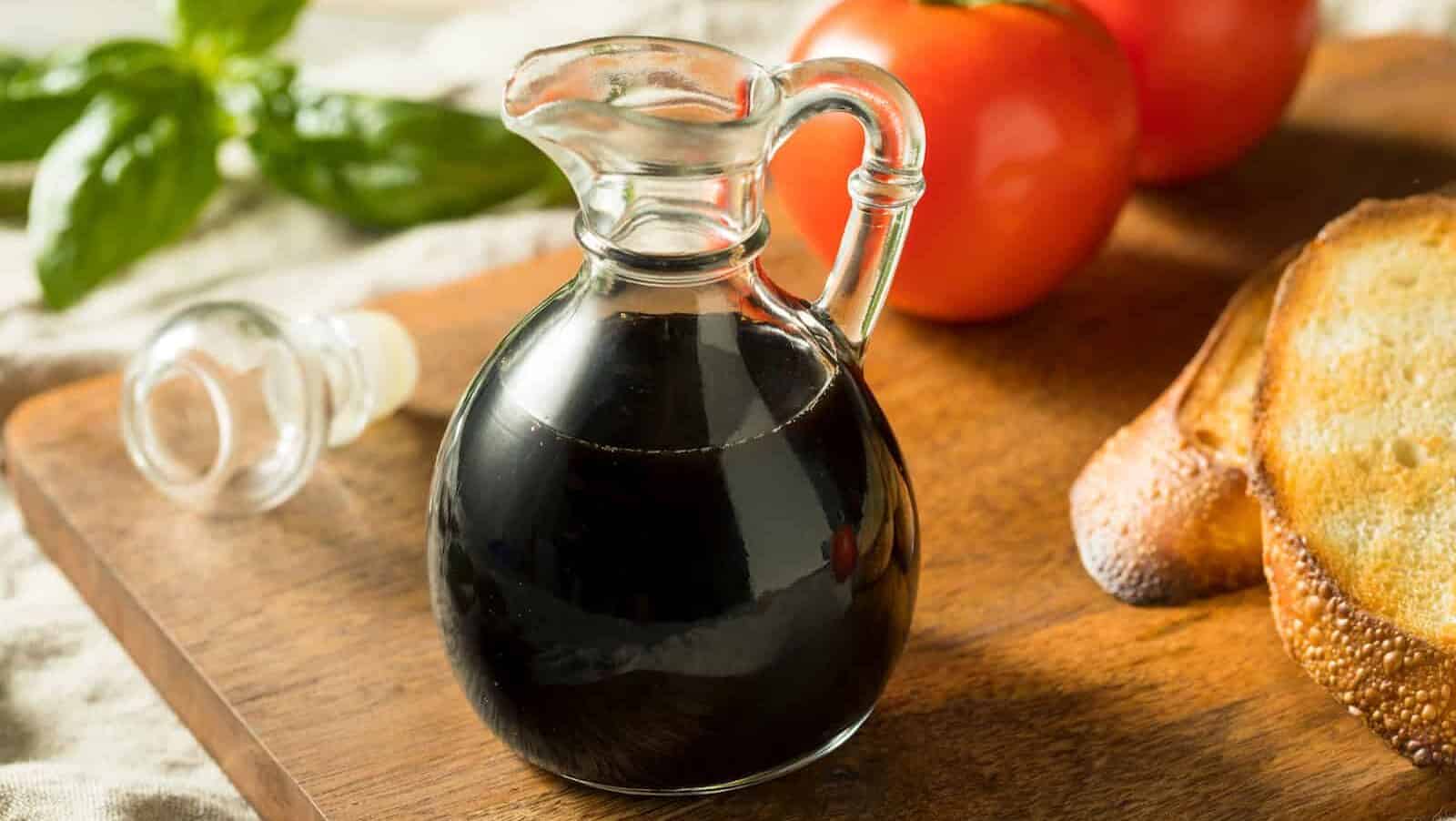
Vinegar doesn’t expire. Over time, vinegar can become hazy or develop sediment, known as the “mother,” though that doesn’t mean you need to toss it.
Honey
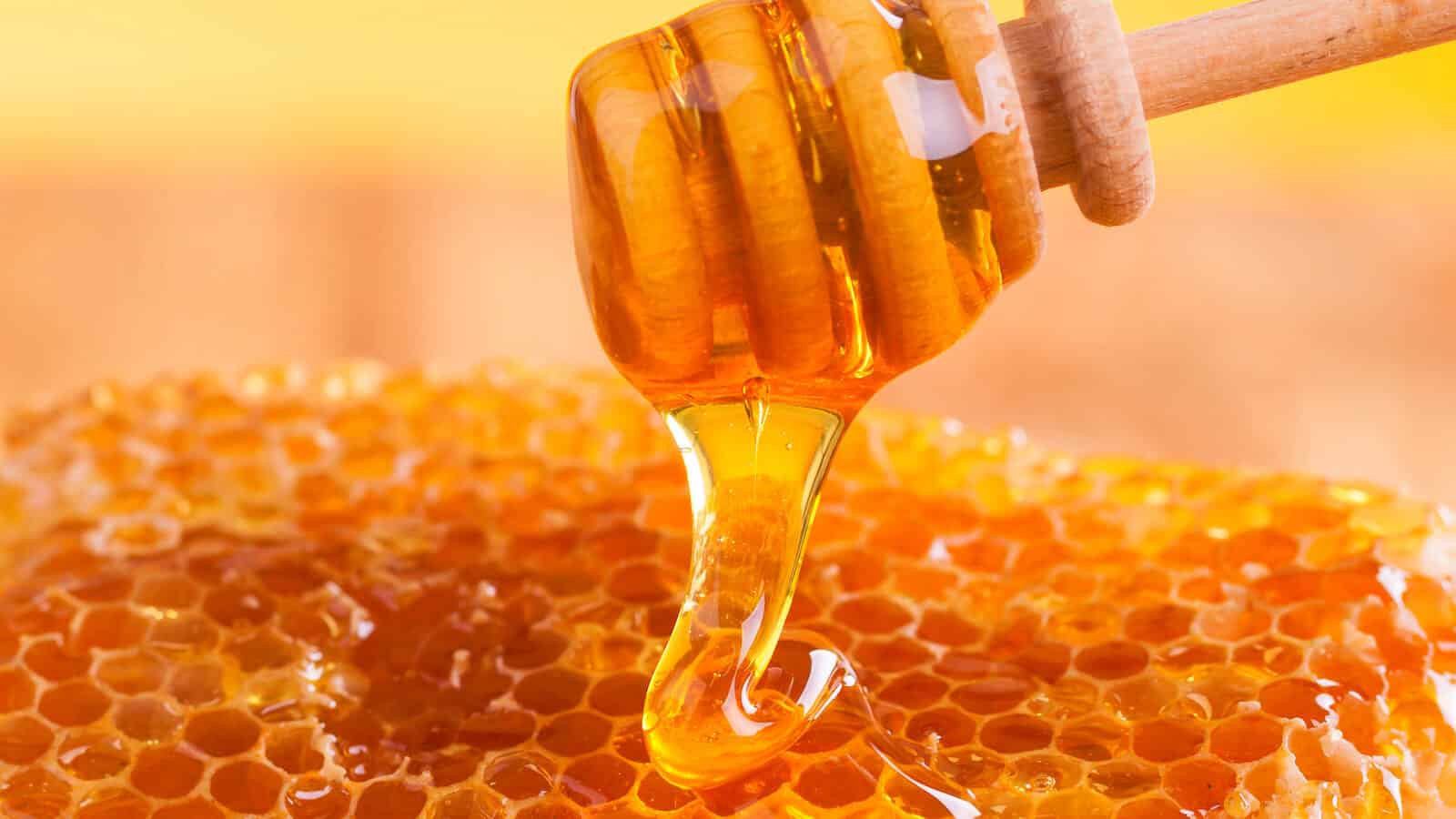
When stored optimally (in a sealed container away from humidity) honey has an almost indefinite shelf-life. Thanks to its composition, with less than 20% of its makeup coming from water and an acidic pH level that’s unsuitable for bacteria to grow.
Hot Sauce
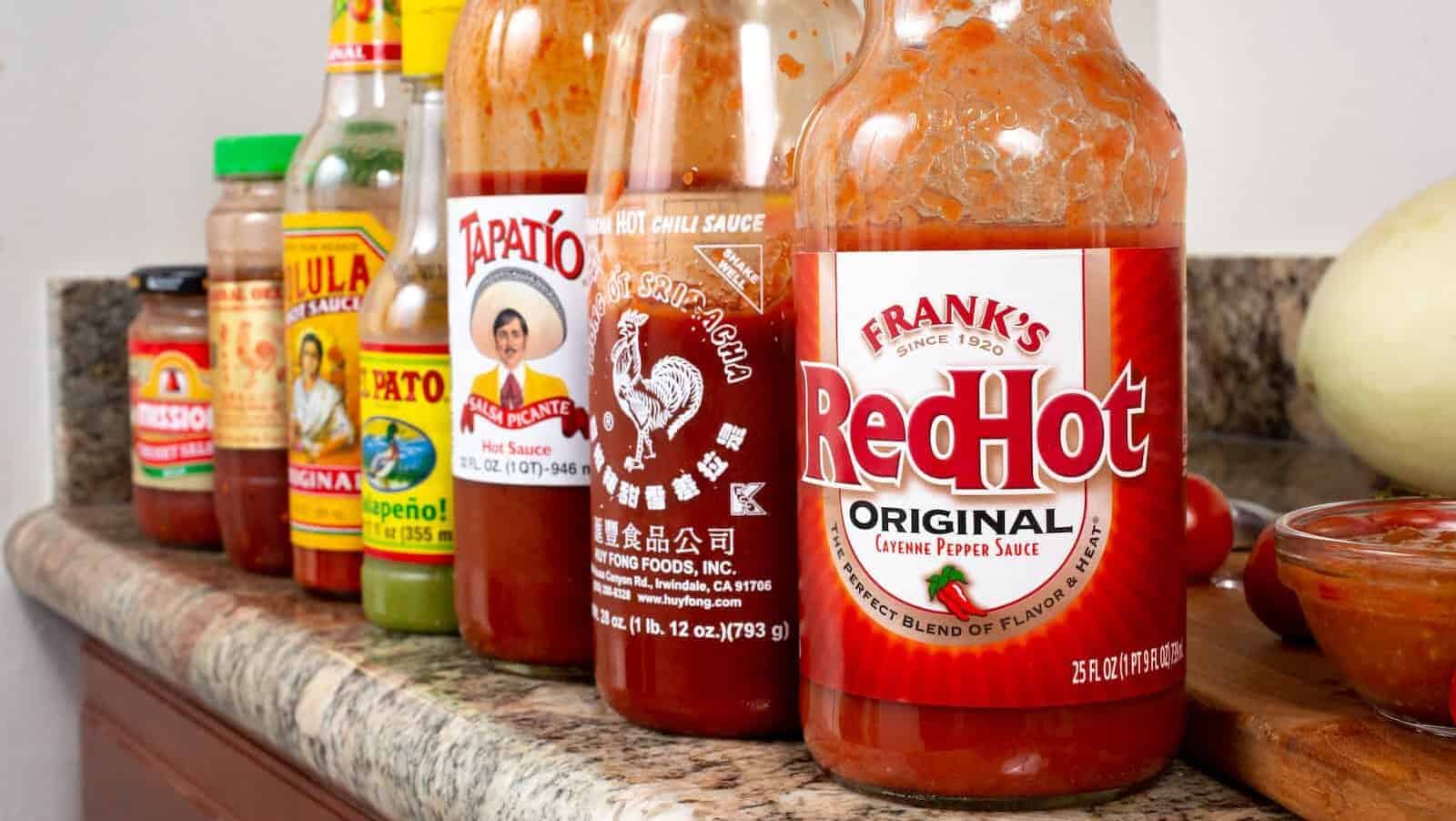
Like vinegar, hot sauce almost never expires and can be used for at least a year past it’s expiration date.
Sugar
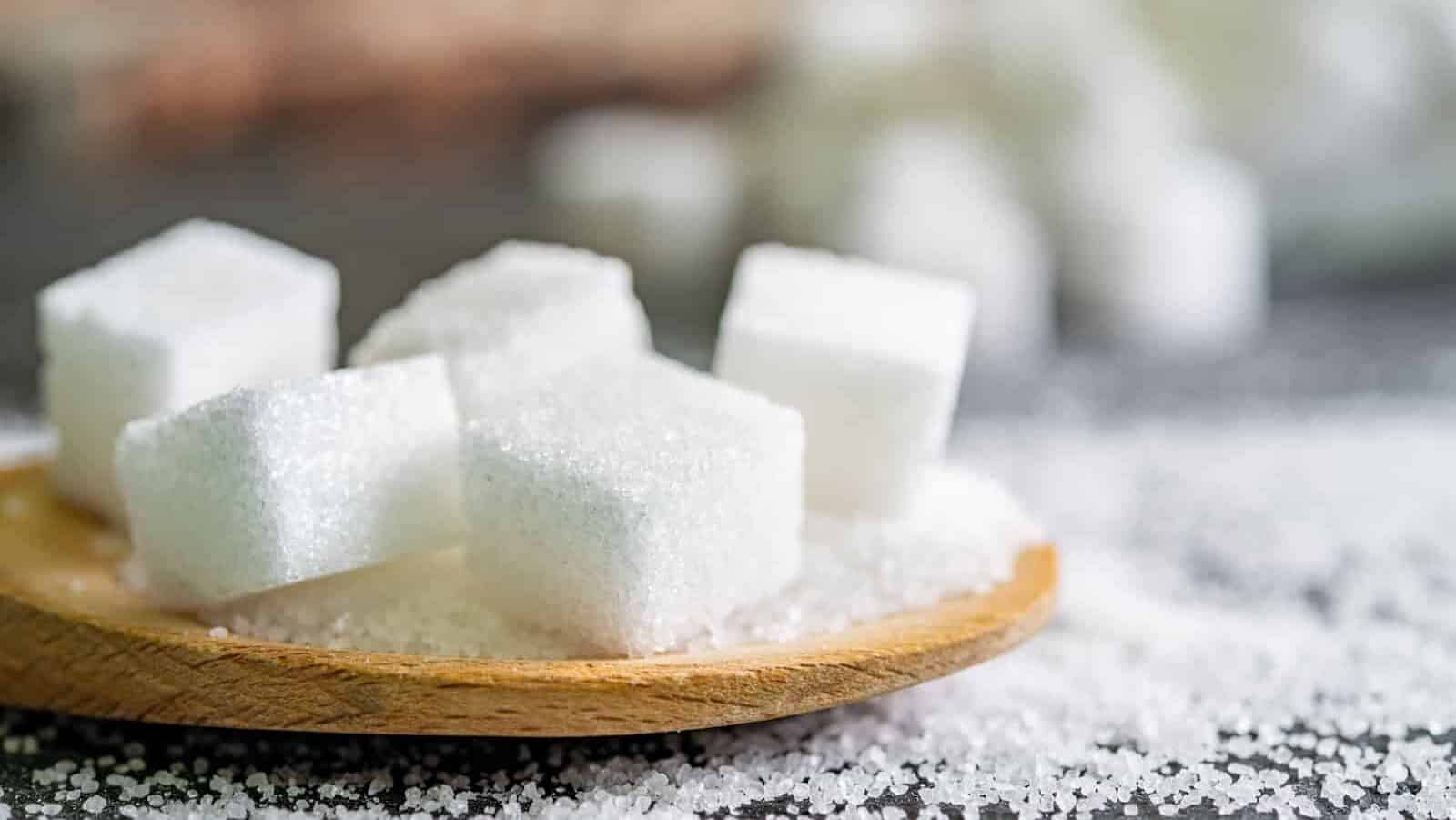
Sugar doesn’t really go bad, a prime reason they are often used as a preservative for jam and canned fruits. However, once sugar comes in contact with condensation or moisture, it can clump and eventually become a hard block. For long-term storage, try storing your sugar in a vacuum-sealed container.
Salt
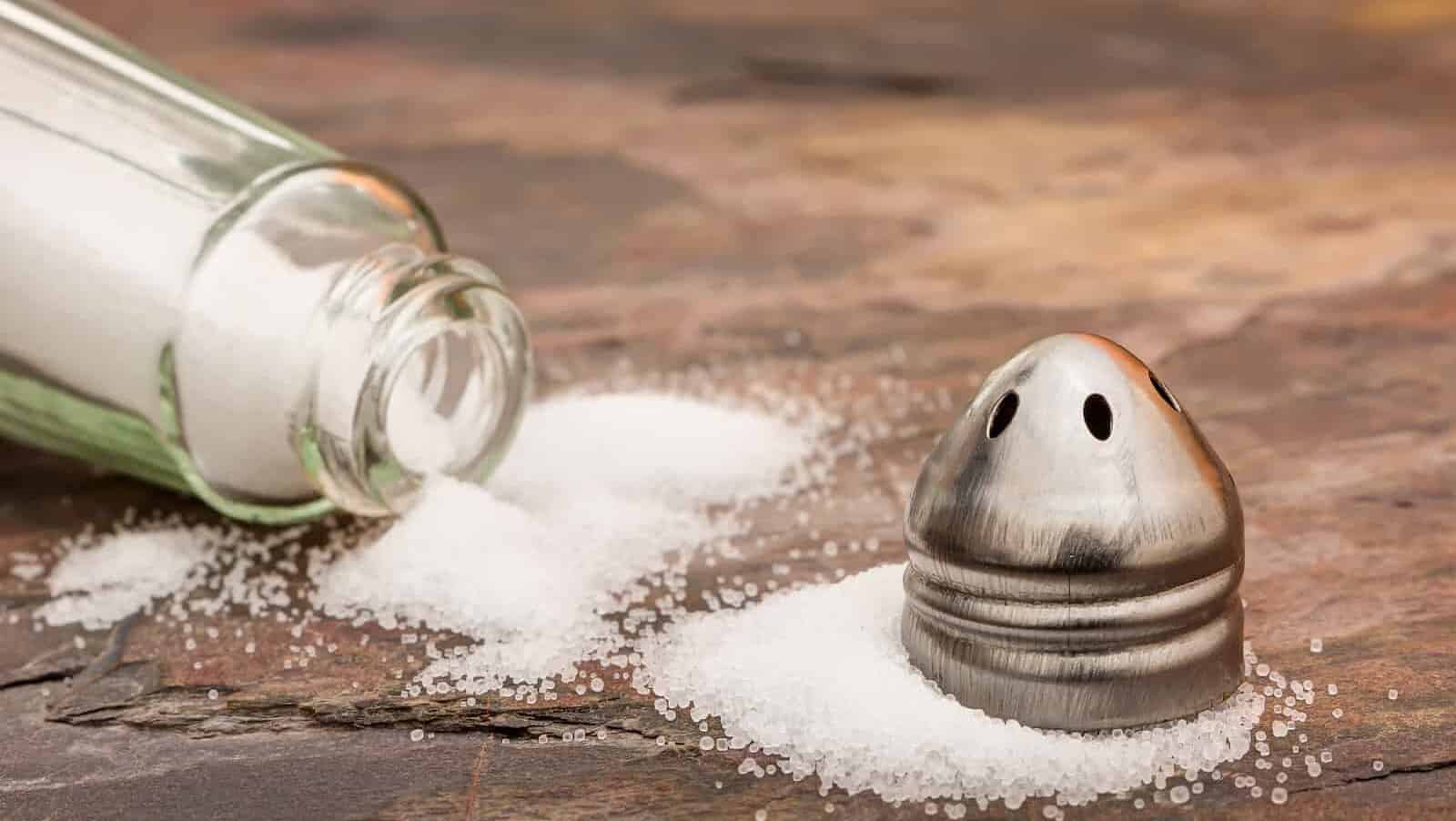
Plain salt, without any additives like iodine, almost never expires. Salt has been used to preserve foods for centuries because it’s so effective at inhibiting bacteria.
Maple Syrup
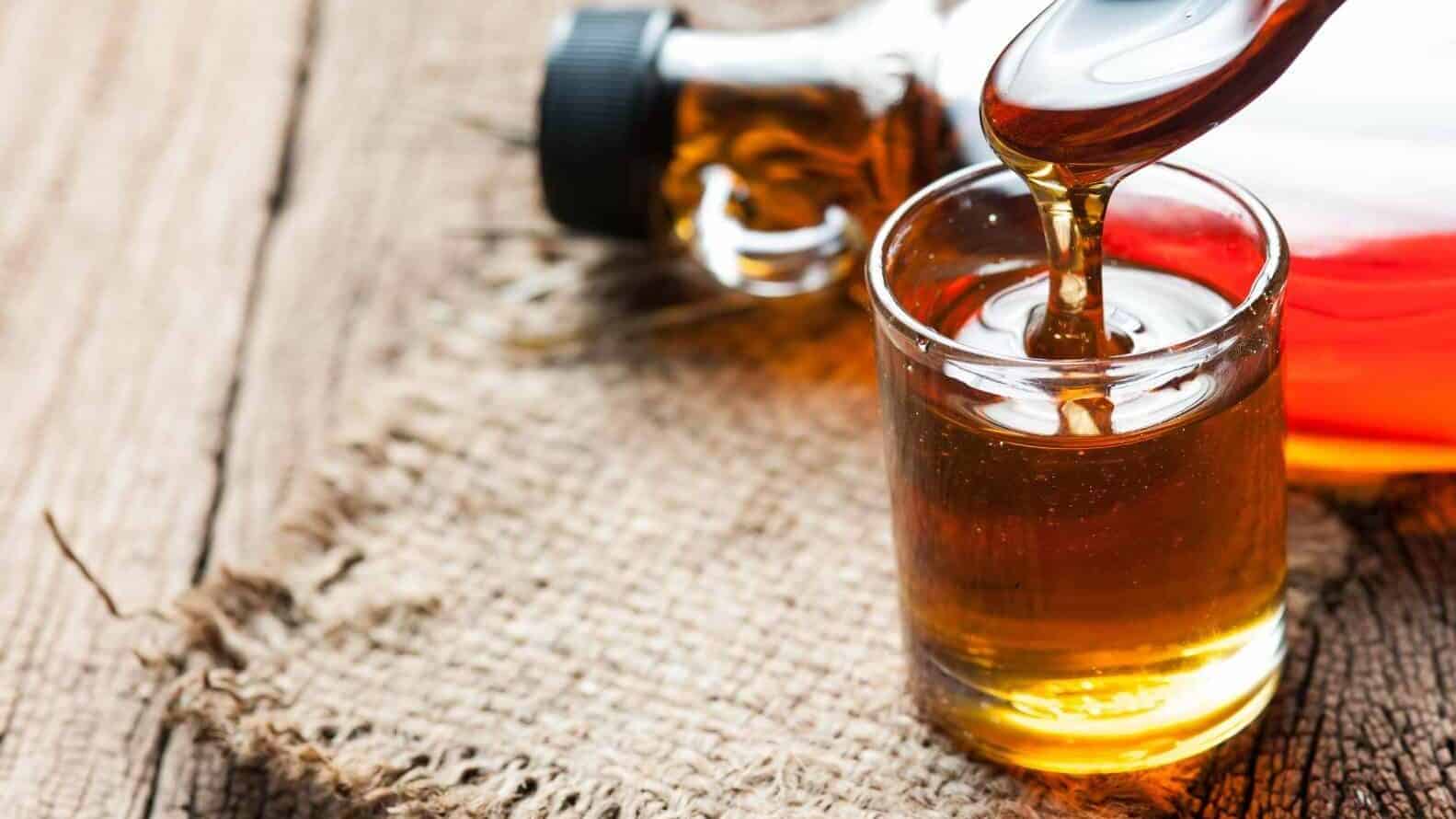
Maple syrup is a natural sweetener that doesn’t spoil or expire like many other foods. This is due to its unique composition and production process. Maple syrup has a very high sugar content, which acts as a natural preservative, inhibiting the growth of bacteria and mold.
Additionally, the boiling process used to create maple syrup removes any moisture, creating an unfavorable environment for microorganisms to thrive. While maple syrup may crystallize or develop sugar sediments over time, it remains safe for consumption indefinitely when stored properly in an airtight container.
The flavor and quality may degrade slightly, but pure maple syrup can essentially last forever without expiring, making it a versatile and long-lasting pantry staple.
Alcohol

Alcohol itself does not technically expire or go bad in the same way that many other foods and beverages do. This is because alcohol acts as a preservative due to its antimicrobial properties.
Distilled spirits like vodka, whiskey, and rum can essentially last indefinitely if stored properly in a cool, dark place. Even wines and beers, which contain lower alcohol levels, can last for years before any significant quality degradation occurs. However, the flavors and aromas may change over time as the compounds in the alcohol oxidize, potentially altering the intended taste profile.
While alcohol itself doesn’t expire, the containers or any added ingredients may degrade, so it’s still important to inspect the product before consuming after an extended period.
Dried Beans
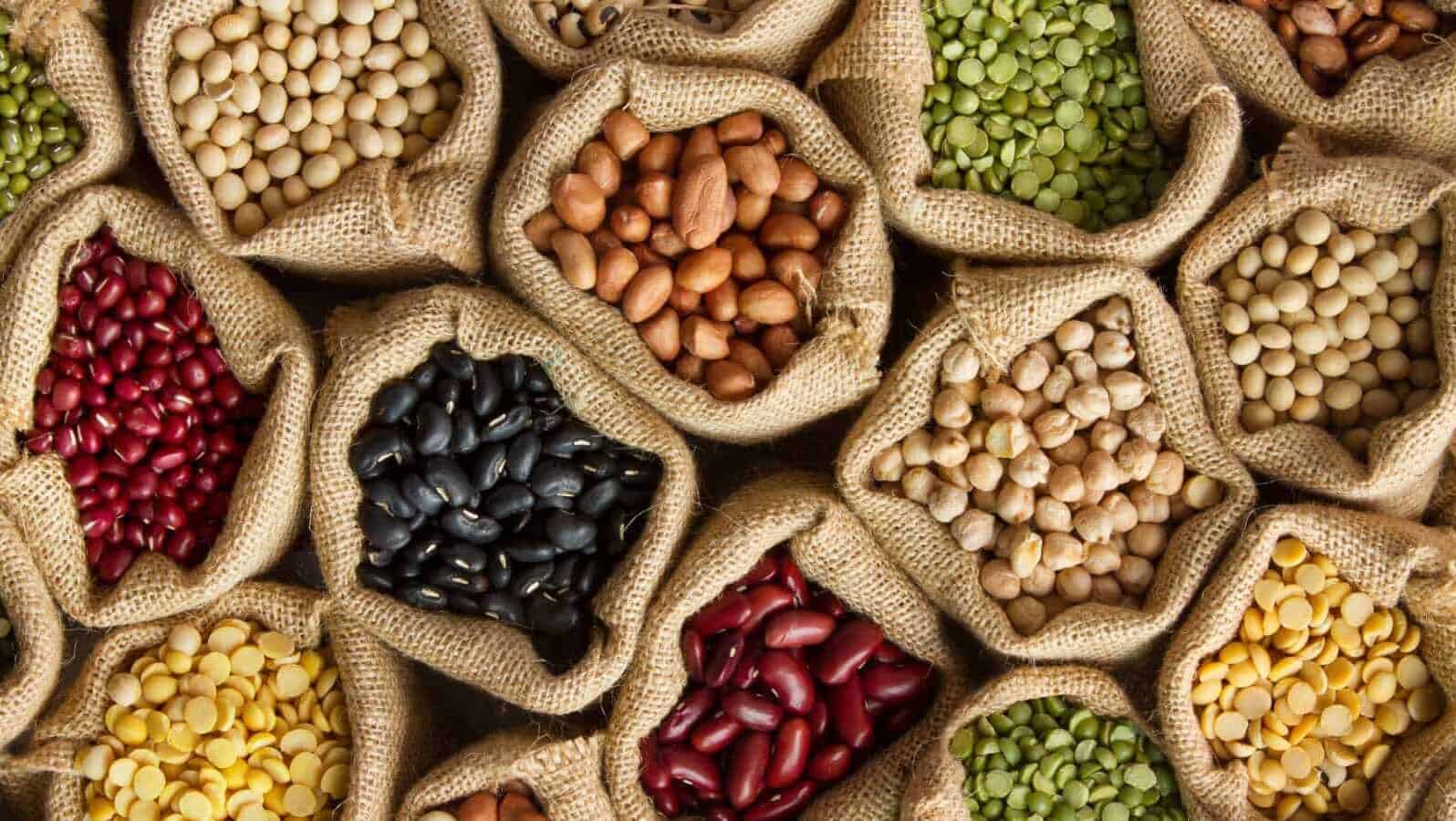
The key to the longevity of dried beans lies in the drying process, which removes nearly all of the water from the beans, leaving them in a state of dormancy. Without moisture, bacteria, mold, and other spoilage agents cannot thrive, allowing the dried beans to remain stable for extended periods.
Additionally, dried beans contain very little fat, which can turn rancid over time and cause off-flavors. The lack of fat further contributes to their extended shelf life.
Powdered Milk
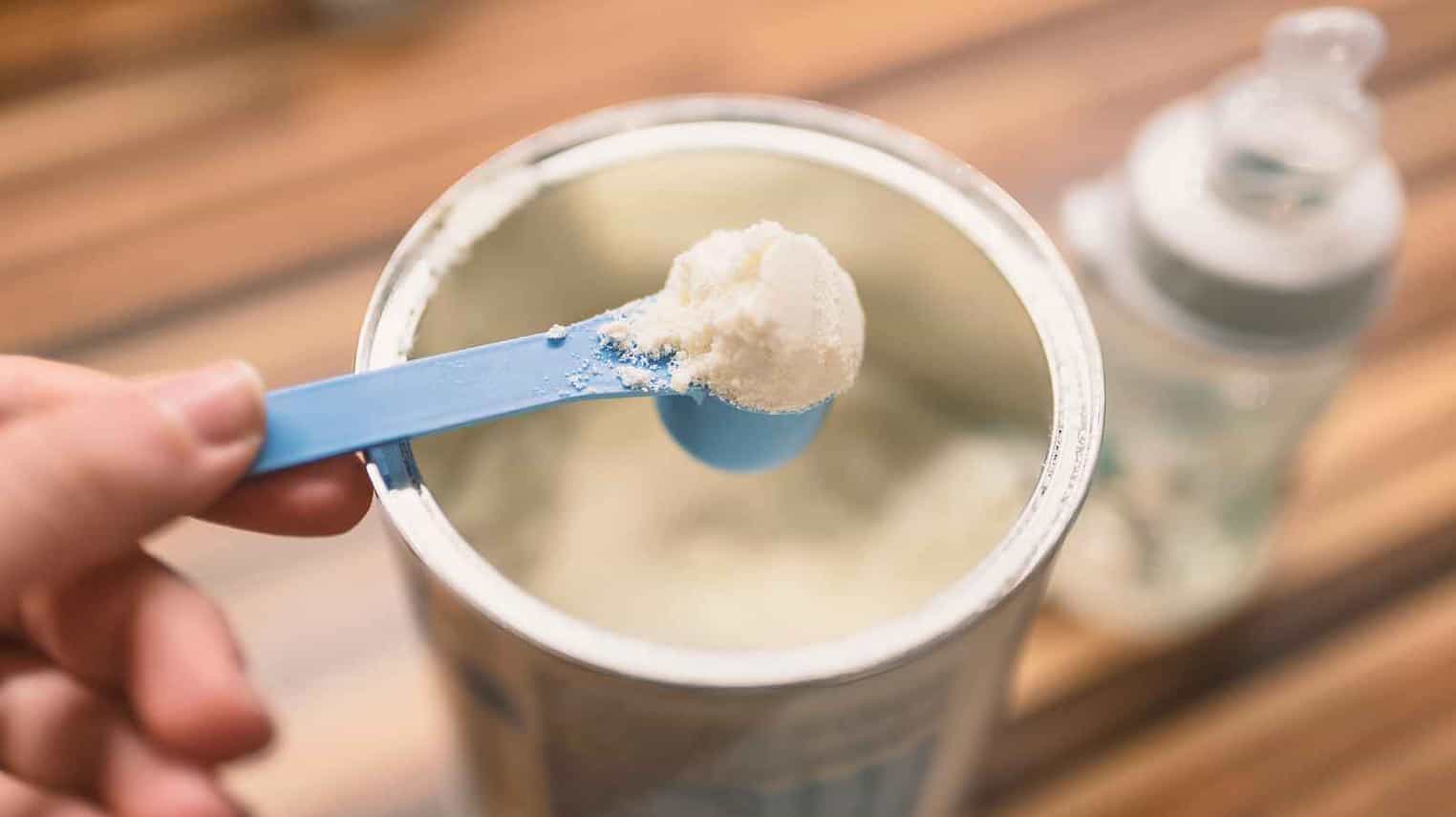
Powdered milk has an incredibly long shelf life and does not technically expire when stored properly. This is due to its very low moisture content, which prevents the growth of bacteria, mold, and other microorganisms that cause spoilage.
During the manufacturing process, almost all of the water is removed from the milk through dehydration, leaving behind a powdery substance with a moisture content of around 3-4%. This lack of moisture creates an inhospitable environment for microbes, allowing the powdered milk to remain stable and safe for consumption for extended periods.
Corn Syrup
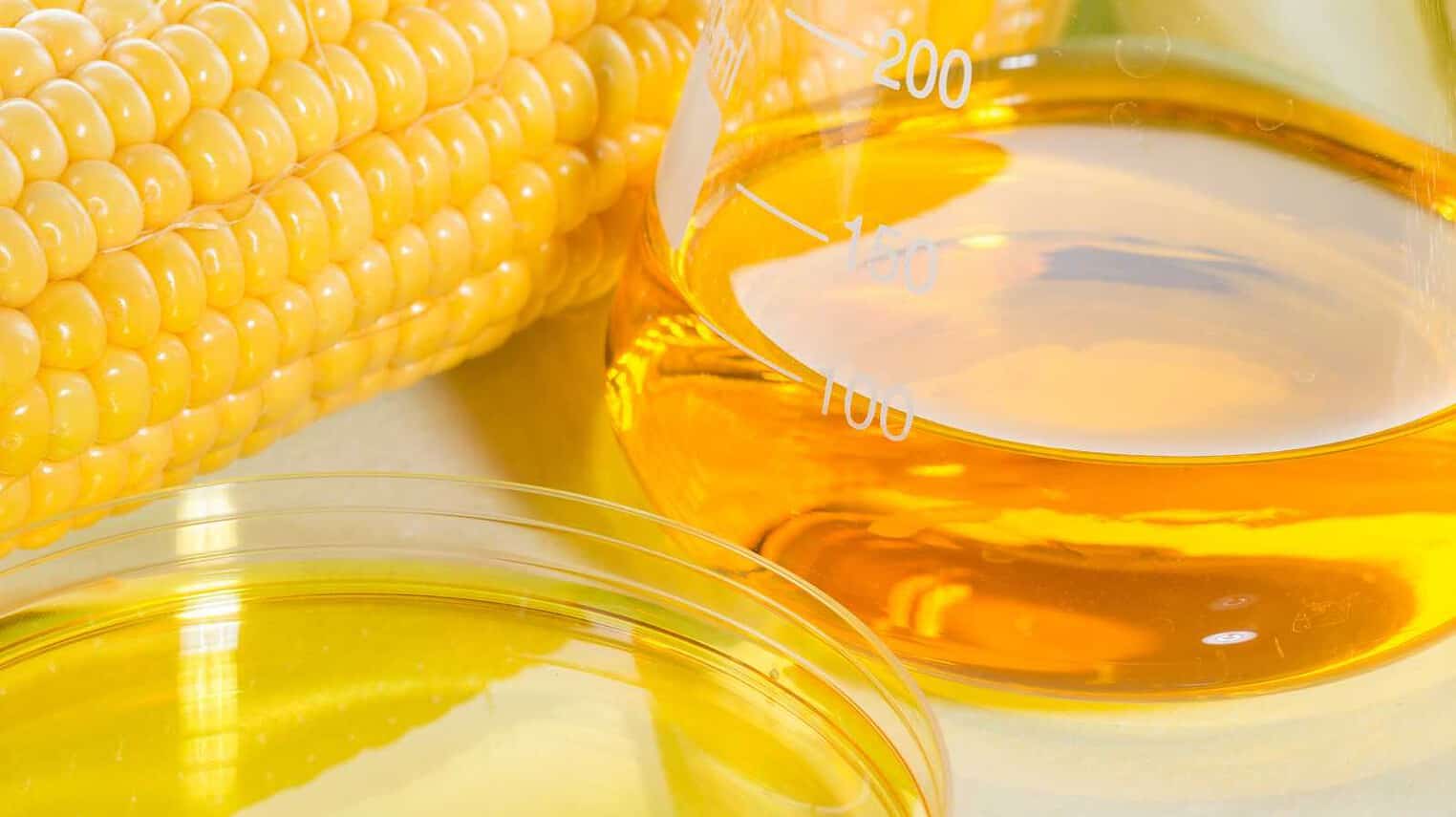
Corn syrup is composed primarily of glucose and fructose, which are simple sugars. This high sugar concentration acts as a natural preservative, inhibiting the growth of bacteria, mold, and other microorganisms that cause spoilage.
Instant Coffee
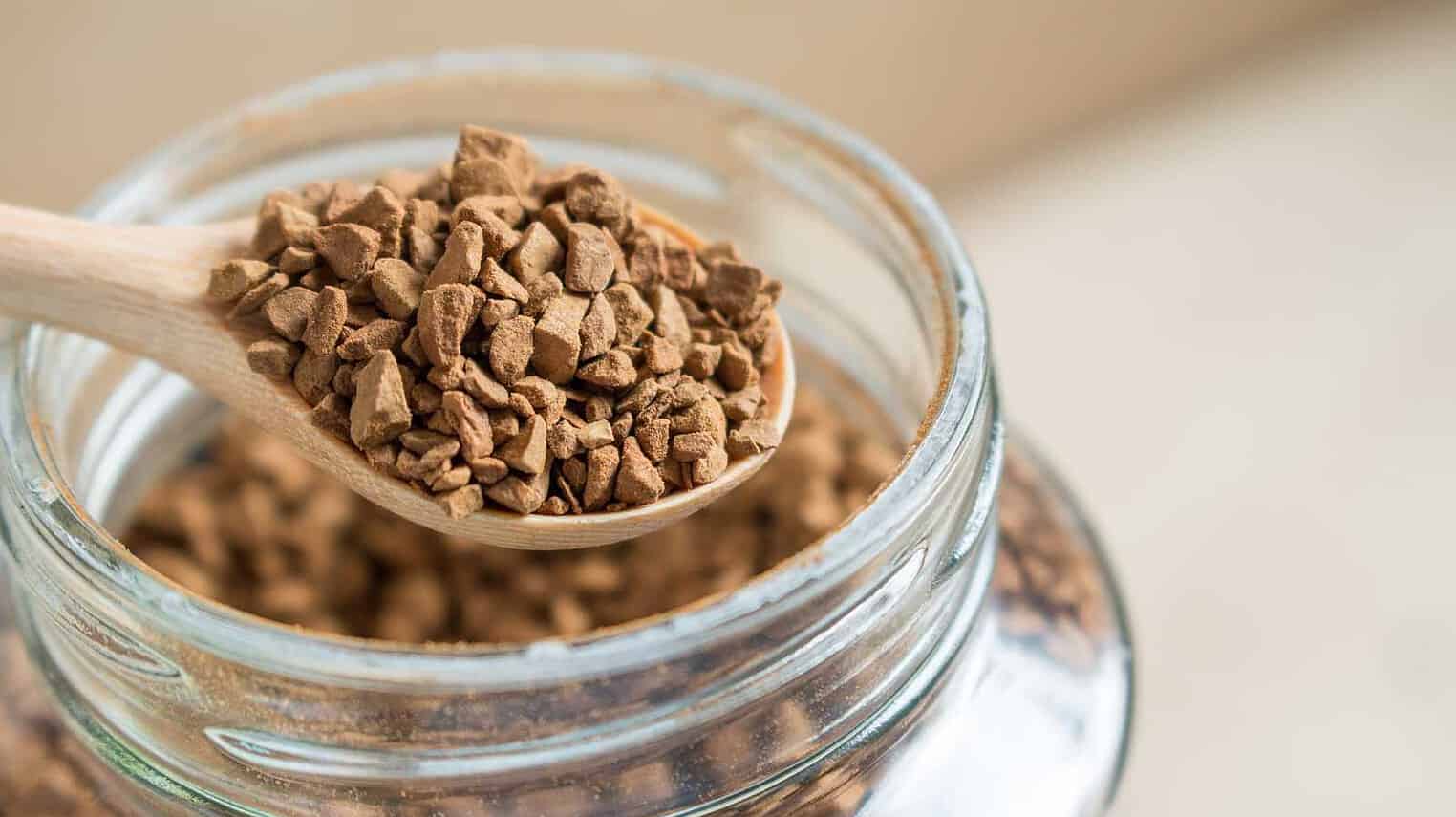
Instant coffee is made by brewing regular coffee and then dehydrating the liquid into a powder or granulated form. This dehydration process removes nearly all of the moisture content, leaving behind only about 3-5% water.
With such a low moisture level, unopened instant coffee creates an inhospitable environment for bacteria, mold, and other microorganisms that cause food spoilage. These microbes require much higher moisture levels to grow and thrive.

